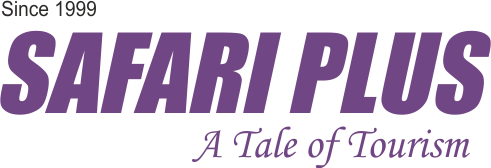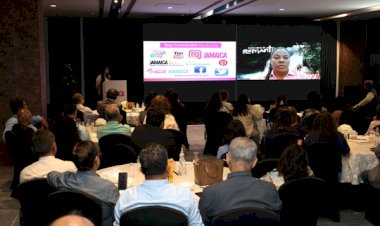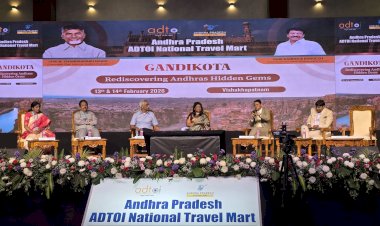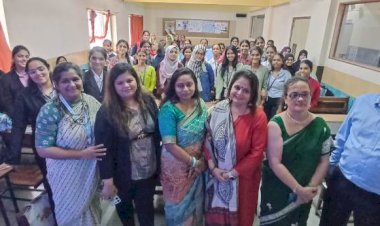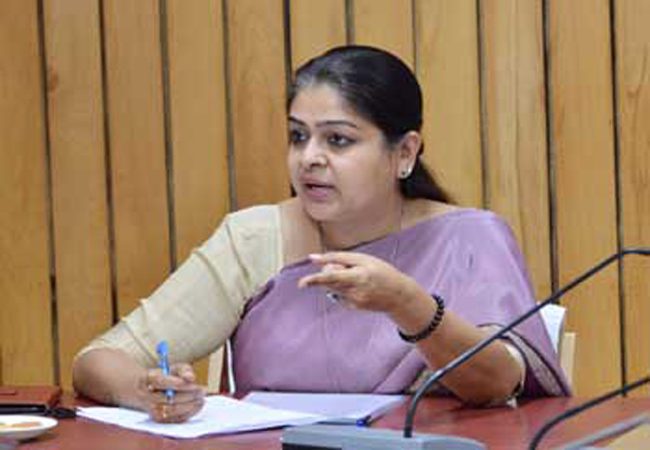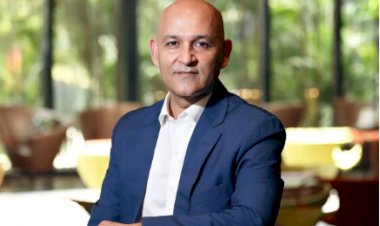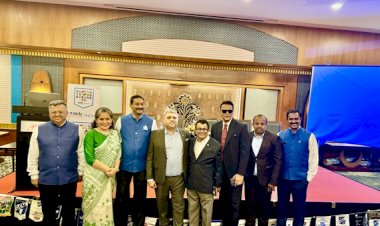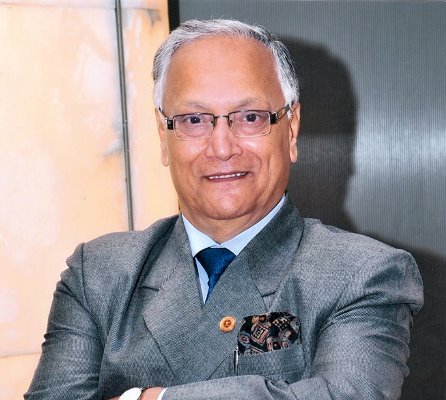Integrating Tourism into High School Curriculum for Global Learning

Integrating tourism into a high school curriculum can be a valuable educational strategy. It not only introduces students to a dynamic and vital global industry but also enhances their understanding of geography, economics, history, and cultural studies.
Here’s a closer look at how tourism could be structured within a high school curriculum, the benefits it offers, and some potential challenges:
- CURRICULUM STRUCTURE
Introductory Courses: These could cover basic concepts of tourism, including types of tourism (leisure, adventure, cultural, eco-tourism), the importance of tourism to local and global economies, and an overview of the tourism industry (travel services, accommodation, food and beverage, events and conferences, and entertainment).
Specialized Electives: As students’ progress, more focused courses could be offered, such as:
- Hospitality Management: Exploring the operation of hotels, restaurants, and resorts.
- Travel Planning and Tourism Marketing: Techniques and strategies for marketing and managing tourism destinations and businesses.
- Cultural Heritage and Tourism: Examining how culture and history are marketed to and experienced by tourists.
- Sustainable Tourism: Focusing on the environmental, economic, and social impacts of tourism.
- Impact of tourism on the economy (basic economics).
- Principles of book-keeping & forex trade.
- World geography.
- Presentation & communication skills (written, oral & digital)
Practical Components: Internships or cooperative education placements within local businesses in the tourism sector, study tours, and field trips to nearby tourist attractions or travel agencies.
Cross-Curricular Projects: Projects that integrate multiple subjects, such as creating marketing plans for a local tourism attraction (combining economics and creative writing) or assessing the impact of tourism on local cultures (combining sociology, geography, and history).
2. EDUCATIONAL BENEFITS
Cultural Awareness: Students learn about different cultures, enhancing their global awareness and sensitivity towards diversity.
Economic Insight: Understanding the economic impact of tourism on a local and global scale teaches students about business operations and economic principles.
Skill Development: Develops a range of skills, including communication, planning, management, and marketing.
Career Pathways: Opens up various career opportunities in one of the world’s largest industries, providing pathways not just in travel and hospitality, but also in areas like event management, tourism planning, and conservation.
3. CHALLENGES
Resource Intensive: Implementing a robust tourism curriculum may require significant resources, such as skilled instructors, connections with local businesses, and funding for trips and technology.
Keeping Current: The tourism industry is highly dynamic. Curriculum and teaching need to adapt continuously to reflect current trends and technologies.
Balancing Theory and Practice: Finding the right balance between theoretical knowledge and practical, real-world experience can be challenging but is crucial for student engagement and learning.
4. IMPLEMENTATION CONSIDERATIONS
Partnerships with Local Businesses: Schools can benefit from partnerships with local tourism businesses, which can provide practical insights, guest speakers, and opportunities for student placements.
Use of Technology: Incorporating technology like virtual reality tours, online travel research tools, and digital marketing techniques can make learning more interactive and relevant.
Global Perspectives: Including case studies from around the world to help students understand global tourism dynamics and the varied impacts of tourism in different contexts.
 By including tourism in the high school curriculum, educational institutions can provide students with a broad and practical skill set, prepare them for a multitude of career paths, and help them develop as globally aware citizens.
By including tourism in the high school curriculum, educational institutions can provide students with a broad and practical skill set, prepare them for a multitude of career paths, and help them develop as globally aware citizens.
By - Jayesh Ashar, Group Managing Director, PEARL TOURISM & LEISURE GROUP
Jayesh.ashar@ptlg.biz
